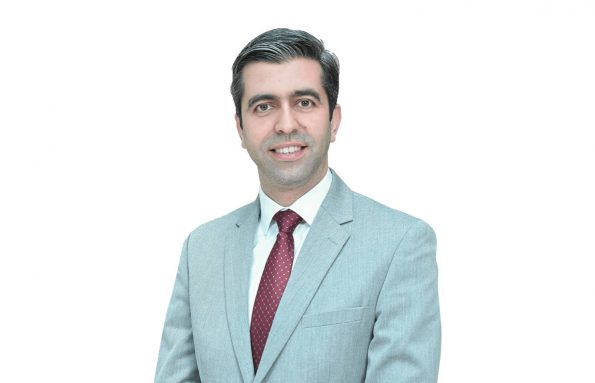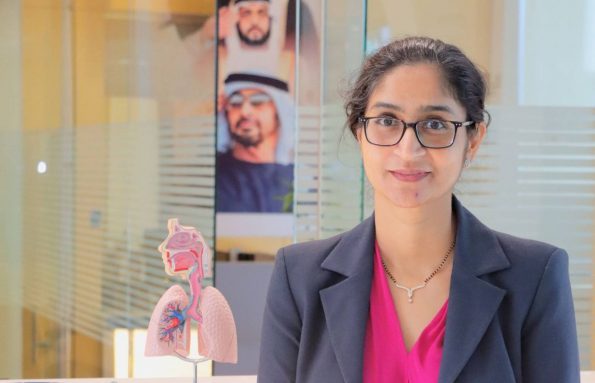As we age, our bodies undergo various changes and one concern that often arises is the health of our bones. Osteoporosis is a condition that gradually weakens bones, making them prone to fractures due to a fall or sudden impact, even with minimal force. Osteoporosis-related fractures commonly occur in the hip, wrist or spine, but injuries can also occur in other areas, such as the arm or pelvis.
Osteoporosis is often referred to as a “silent disease” and typically progresses without any symptoms until a fracture occurs. The lack of early warning signs is why taking proactive measures to prevent and detect it is so important.
“In our clinic, we frequently witness osteoporosis patients in advanced stages, which could have been avoided with regular screening. Osteoporosis can silently steal your bone health, so help us help you prevent this.”
Dr. Sehriban Diab, consultant and chair of the Rheumatology Division at SSMC.
While osteoporosis can affect individuals of any gender, age or ethnicity, it is most commonly seen in women aged 50 and above. Several other factors contribute to an increased risk of developing osteoporosis, including:
- Family history
- Vitamin D deficiency
- Sedentary lifestyle
- Smoking
- Chronic kidney disease
- Type 2 diabetes
- Proton pump inhibitors use, which is a type of drug used to ease the symptoms of acid-related conditions
How can you prevent and detect osteoporosis early on?
Bone density testing is one of the most effective ways to detect osteoporosis early. Women and men aged 50 and above should undergo a bone density test every five years to assess bone health. This simple and painless procedure can provide valuable insights into bone density levels and help identify individuals at risk of fractures.
There are some additional steps that you can take to keep your bones healthy such as:
- Ensure daily calcium intake from sources like green leafy vegetables, dairy and fortified products
- Get enough vitamin D for calcium absorption through sunlight exposure, cod liver oil, salmon or fortified products
- Consider calcium and vitamin D supplements under your doctor’s guidance, if natural sources are insufficient
- Regular exercise
- Healthy diet
When to see a doctor?
If you’re 50 years and above, booking a bone density test appointment should be a priority. By scheduling a visit with a rheumatologist, you can take proactive steps to safeguard your bone health.
Whether you’re seeking prevention strategies or treatment for osteoporosis, we offer advanced diagnostic tools and comprehensive treatment options, including bone density testing, medication management and lifestyle intervention.






